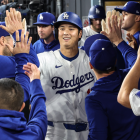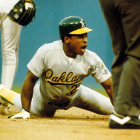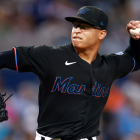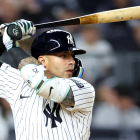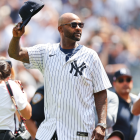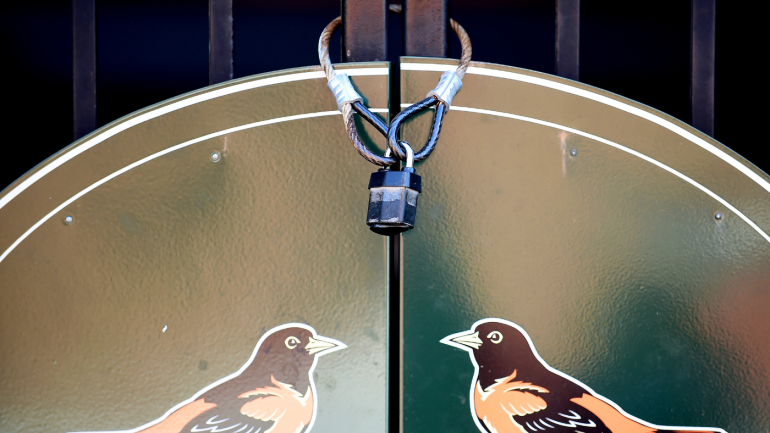
Major League Baseball's collective bargaining agreement, the contract that allows MLB and the MLB Players Association (MLBPA) to conduct business, expired Wednesday night at 11:59 p.m. ET. MLB owners voted to lock out the players, unanimously according to MLB Network's Jon Heyman, and the league announced the decision to lock out the players not long after the official expiration of the CBA. The lockout marks the league's first work stoppage since 1994-95. During the lockout, free agents will not be allowed to sign and teams will not be permitted to trade players who are part of the union.
In announcing the lockout decision, commissioner Rob Manfred released an open letter to fans. It reads in part:
"Simply put, we believe that an offseason lockout is the best mechanism to protect the 2022 season. We hope that the lockout will jumpstart the negotiations and get us to an agreement that will allow the season to start on time. This defensive lockout was necessary because the Players Association's vision for Major League Baseball would threaten the ability of most teams to be competitive. It's simply not a viable option. From the beginning, the MLBPA has been unwilling to move from their starting position, compromise, or collaborate on solutions."
The Major League Baseball Players Association also released a statement in response to the owner lockout. It reads:
"This shutdown is a dramatic measure, regardless of the timing. It is not required by law or for any other reason. It was the owners' choice, plain and simple, specifically calculated to pressure Players into relinquishing rights and benefits, and abandoning good faith bargaining proposals that will benefit not just Players, but the game and industry as a whole.
"These tactics are not new. We have been here before, and Players have risen to the occasion time and again - guided by a solidarity that has been forged over generations. We will do so again here.
"We remain determined to return to the field under the terms of a negotiated collective bargaining agreement that is fair to all parties, and provides fans with the best version of the game we all love."
Manfred held a press conference Thursday morning, acknowledging that the lockout was "bad for business" while expressing optimism about starting the 2022 regular season on time.
The league and the players union have been far apart for a while on a new CBA, and last-minute talks between the two sides this week in Texas did not result in a deal. Here's more on what the lockout means for baseball.
Some of the most contentious aspects of the negotiations center on attempts to alter free agency and compensation, and ways to inspire more competitiveness across the league. As part of recent negotiations, the MLBPA proposed changes that included free agency after five years of service time (instead of six), salary arbitration earlier in players' careers, and a raising of the luxury-tax threshold, among other things, according to ESPN's Jesse Rogers.

CBS Sports HQ Newsletter
Your Ultimate Guide to Every Day in Sports
We bring sports news that matters to your inbox, to help you stay informed and get a winning edge.
Thanks for signing up!
Keep an eye on your inbox.
Sorry!
There was an error processing your subscription.
MLB countered with a proposal of its own that removed cost of living increases from the pension plan, per The Score's Travis Sawchik, and that would have the luxury tax threshold increasing to $214 million (it was $210 million in 2021), according to The Athletic's Evan Drellich.
It should be noted that the CBA's expiration did not require the league to shut down. Rather, the league could have continued to operate like normal with CBA negotiations happening concurrently. The owners, then, made a conscious choice to enter a lockout, shutting down the league for what could be a weeks- or months-long stretch.
The major-league portion of the annual Winter Meetings has been canceled, and the Rule 5 Draft will be postponed until after the ratification of a new CBA by both sides, whenever that may prove to be.
This represents the fourth lockout and ninth work stoppage in baseball history. The three prior occurred in 1973 (lasted 12 days), 1976 (13 days), and 1990 (32 days). None of those resulted in regular season games being postponed or canceled. It's unclear how long this lockout will last, but players are scheduled to report to spring training in mid-February.









